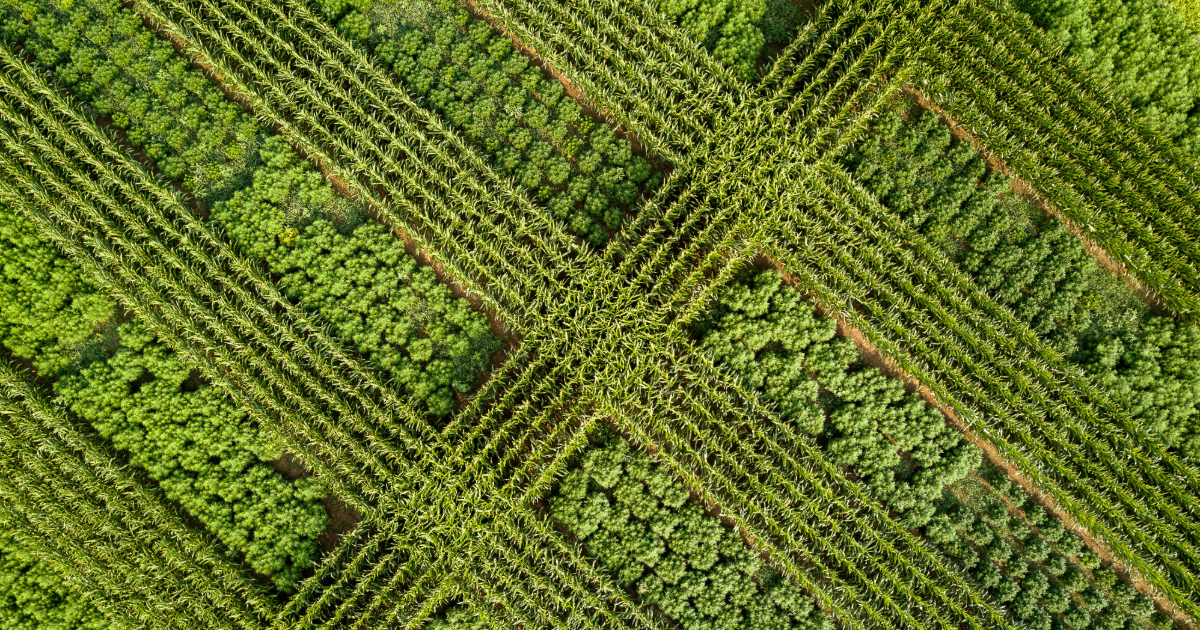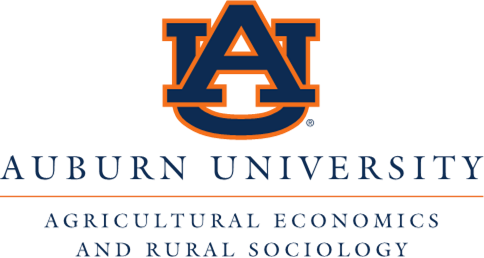
HEMP Research

The Hemp Economic Marketing and Policy (HEMP) research team analyzes consumer demand, knowledge, and willingness to pay for hemp products. Across multiple universities, researchers and students investigate the true market of hemp through unique monthly surveys to gauge consumers. A more thorough understanding of the emerging hemp market will better inform policymakers and industry stakeholders.
Why are you doing research on hemp?
To give you the brief back story of hemp, in 2014 the Farm Bill declared that State Departments of Agriculture and Universities could grow hemp (Section 7606). Then in 2018 the latest Farm Bill federally legalized hemp production. Since then, we have seen a surge of hemp products filling our grocery stores and wellness departments. Unfortunately, the legacy of regulatory burdens on hemp has left many consumers confused and questioning the legitimatize of hemp products. If you are seeking to understand the legislation more, the interim final rule can be found on the USDA website here. Emerging markets like hemp raise attention, which can lead to the spread of misinformation. Our research aims to better understand consumer concerns, marketplace thresholds, and production challenges
Project Releases
OCTOBER 2021
JULY 2021
Additional information
- Assess consumer attitudes and preferences of hemp-derived products over time.
- Identify the amount of hemp production supported in the marketplace.
- Determine consumers’ willingness to pay for various labels, notably Food and Drug Administration certification and organic production.
- Understand reasons of purchasing and not purchasing by buyer, potential buyers, and non-buyers.
We plan to make The Hemp Demand Survey an extension-focused product by promoting results via multiple extension outlets, both live and digital.
Hemp research summary reports will be coming soon.
The HEMP Research project is funded by the Federal-State Marketing Improvement Program organized by the Agricultural Marketing Service. The funding opportunity number is USDA-AMS-TM-FSMIP-G-20-0004.
Frequently Asked Questions
A: The primary difference between hemp and marijuana is the concentration of delta-9-tetrahydrocannabinol (THC), the psychoactive component of marijuana. Hemp does not have the same psychoactive effect as marijuana because it lacks high concentrations of THC. By definition in the Farm Bill of 2018, hemp must have a THC concentration of 0.3 percent or less on a dry weight basis.
A: CBD stands for cannabidiol — a compound found in hemp plants. CBD does not have the same psychoactive effect as THC.
A: While hemp is now federally legal, each state adapted its own plan and regulations. Explore your state’s Department of Agriculture website to understand the intricacies in your state.
A: The U.S. Department of Agriculture’s Agricultural Market Service webpage is best place to find more information on rules and procedures for growing hemp, including a section dedicated to hemp production. Other great resources are below.
Researchers involved
University of Georgia Department of Agricultural and Applied Economics
University of Delaware Department of Applied Economics and Statistics
Auburn University Department of Agricultural Economics and Rural Sociology
Partner institutions




